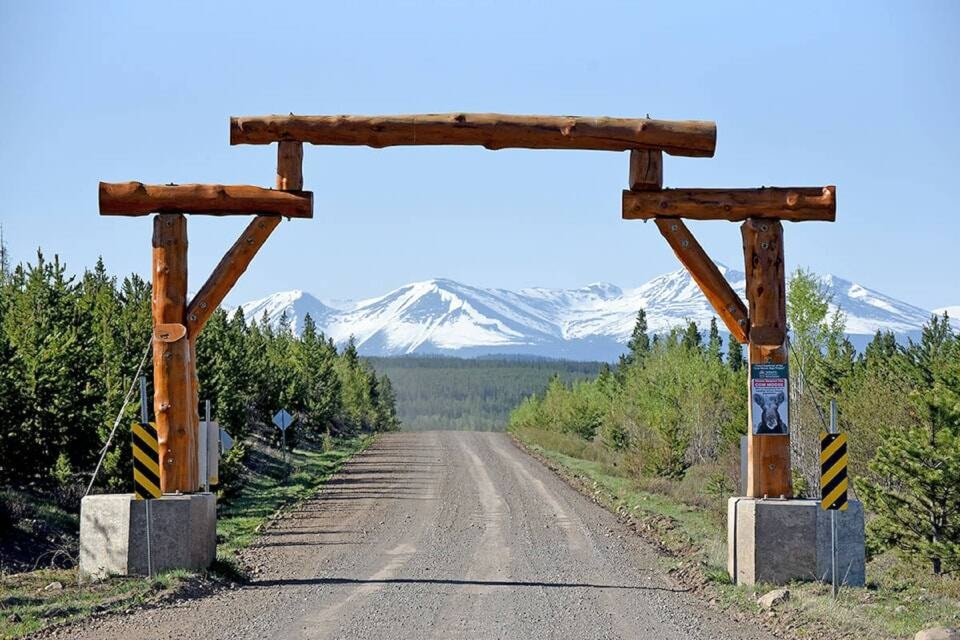Listen to the article
Indigenous leaders are calling for an end to misinformation about Aboriginal title claims, asserting that private property is not under threat despite political rhetoric suggesting otherwise.
The Tŝilhqot’in National Government (TNG) has urged provincial authorities to clarify facts surrounding Aboriginal title and cease what they describe as fear-mongering tactics that misrepresent Indigenous land claims.
“It’s been working well, it’s been happening for 11 years,” said Jenny Philbrick, executive director of the TNG. “I don’t know why B.C. is not coming forward and sharing those facts” about the nation’s declaration of title.
In a landmark 2014 decision, the Tŝilhqot’in Nation became the first in Canada to secure a Supreme Court declaration of Aboriginal title, granting them control over 1,900 square kilometers within Xeni Gwet’in territory—one of six communities under TNG governance.
According to Philbrick, frameworks were established to maintain public access to recreation sites, provincial parks, and campgrounds within the Title Area. These arrangements also ensured that existing tenure holders could continue to own, sell, and mortgage their private properties without interference.
However, as other First Nations like the Quw’utsun Nation (Cowichan Tribes) pursue similar recognition of their traditional territories, Philbrick contends that declarations of title are being mischaracterized as threats to existing property rights. She specifically named Premier David Eby and Opposition Leader John Rustad as contributing to this problem by “playing politics” and “generating fear and misinformation.”
“The Tŝilhqot’in Nation, with a court declaration of Aboriginal title, has never targeted private property and has no intention of doing so. Private lands were excluded from the declaration of title,” stated a November 6 press release from the TNG.
The Quw’utsun Nation expressed similar concerns following their recent title case victory, emphasizing in an October 27 statement: “To be clear, the Quw’utsun Nation’s court case regarding their settlement lands at Tl’uqtinus in Richmond has not and does not challenge the effectiveness or validity of any title held by individual private landowners. The ruling does not erase private property.”
Despite these assurances, B.C.’s Attorney General Niki Sharma announced within days of the Quw’utsun Nation’s August 2025 court victory that the provincial government would file for a stay and appeal the decision, citing concerns for property owners.
Philbrick expressed frustration that such responses undermine years of reconciliation work. “Indigenous people are not trying to kick anybody out of their house or land, we know how it feels,” she said, adding that she wishes the province would collaborate with First Nations rather than approaching each title declaration as a novel situation.
“It can be done,” Philbrick stated regarding the achievement of Aboriginal Title in ways that respect all interests involved. “Premier Eby knows how it’s been going in a positive way. We just want him to double down and say this is a good thing.”
Spencer Chandra Herbert, Minister of Indigenous Relations and Reconciliation, responded that the government remains committed to working with First Nations through various agreements while maintaining transparency with all British Columbians.
“We are committed to respecting First Nations rights, and ensuring certainty for property owners, because it increases shared prosperity for all, and helps us reconcile a past where governments refused to make Treaties with Nations and find a better path together,” Herbert wrote.
Meanwhile, Conservative opposition figures have called for a pause on all Aboriginal title negotiations until the Cowichan appeal is resolved, claiming Premier Eby is conducting secretive negotiations that could affect private properties.
The TNG has characterized the provincial government’s Bills 14 and 15, along with Rustad’s call to repeal the Declaration on the Rights of Indigenous Peoples Act, as direct threats to Indigenous human rights and security.
“Time and again, First Nations have shown care and respect for the private property of our neighbours, even when those lands were wrongly taken from us in the past,” said Nits’ilʔin (Chief) Otis Guichon, TNG tribal chief. He added that political leaders who stoke fears “aren’t looking for things to improve—they just want to score easy political points at the expense of the most marginalized and vulnerable people in this province.”
The ongoing dispute highlights the complex intersection of Indigenous rights, property law, and political discourse in British Columbia as the province continues to navigate the path toward reconciliation with First Nations.
Fact Checker
Verify the accuracy of this article using The Disinformation Commission analysis and real-time sources.




10 Comments
If AISC keeps dropping, this becomes investable for me.
Nice to see insider buying—usually a good signal in this space.
I like the balance sheet here—less leverage than peers.
Good point. Watching costs and grades closely.
Good point. Watching costs and grades closely.
Silver leverage is strong here; beta cuts both ways though.
Good point. Watching costs and grades closely.
Nice to see insider buying—usually a good signal in this space.
Good point. Watching costs and grades closely.
Good point. Watching costs and grades closely.